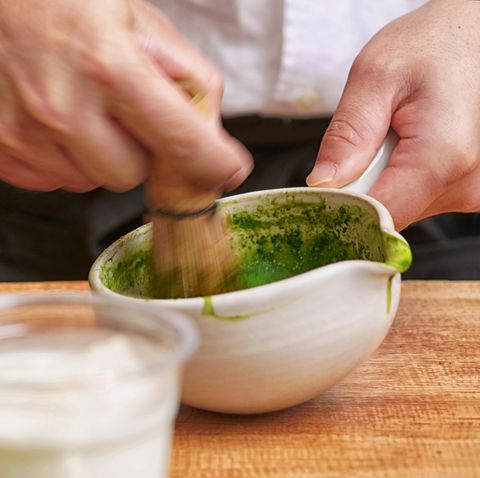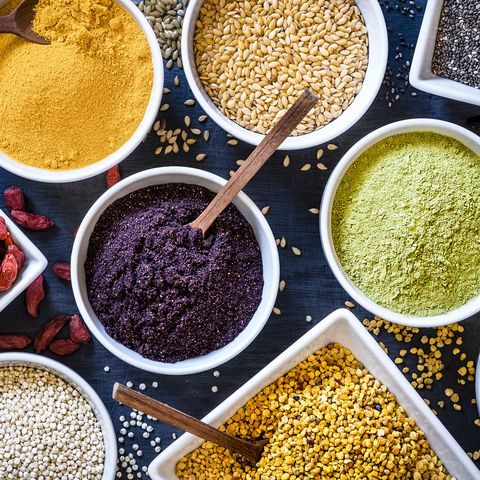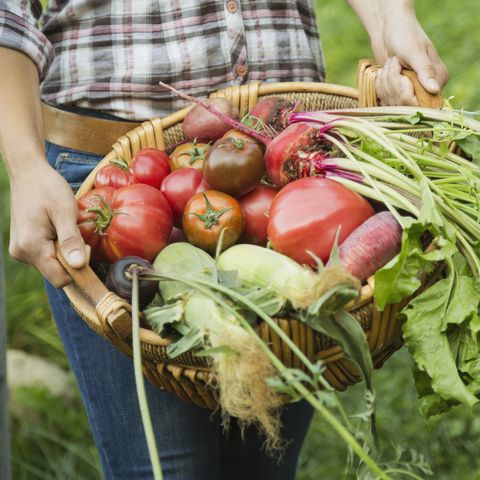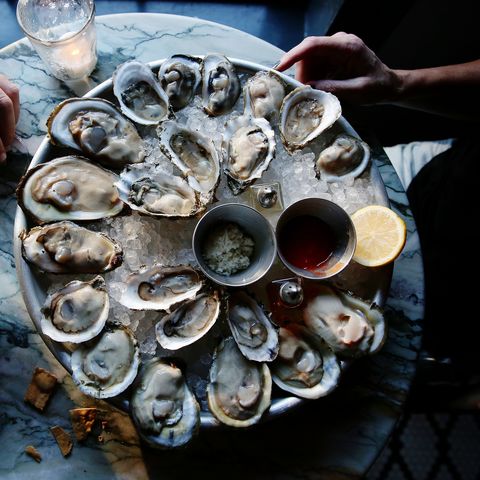With another year drawing to a close, you likely have questions about the year to come.
Who will be the Democratic challenger to President Donald Trump in the 2020 election?
Will Brexit ever, indeed, happen?
And what are going to be the top 10 superfoods in the New Year?
Mercifully, Pollock Communications and Today’s Dietitian have pulled through and offered up a report entitled What’s Trending in Nutrition that features “The 10 Superfoods for 2020.” (No word yet on their plans to address your other two questions.)
AND THERE IS SOME SHOCKING STUFF IN HERE, PEOPLE.

Sebastian Condrea
Non-dairy milks have moved up to number eight on this list—a dark horse contender, for sure.
Green tea, an old fan-favorite, is clinging on to its number 10 spot.
And “fermented foods” as a category caps the list with a surprising hold on slot number one. I mean, who could have saw that one coming?
Today’s Dietitian is a reputable trade publication. Their survey, which polled 1,259 registered dietitians, is admirable. The foods on their list, which also include avocado (#2), exotic fruit (#4), and beets (lowly #9) are all wonderfully nutritious.
But here’s the problem: Lists like this aren’t helpful because “superfoods” don’t really exist.

carlosgaw
Take that green tea: It’s been shown to offer a bevy of health benefits, which has been attributed to one antioxidant, EGCG. But EGCG is just one of hundreds of thousands of beneficial chemicals in the foods you eat. If you only drank green tea, you’d be missing out on many other valuable antioxidants from other teas.
It’s the old “eat spinach instead of iceberg lettuce” recommendation. Spinach is loaded with iron and antioxidants while iceberg was thought to be nutritionally bankrupt. But, as it turns out, half a head of iceberg lettuce has significantly more alpha-carotene, a powerful disease-fighting antioxidant, than spinach. Plus, iceberg is very filling due to its water content.
No one healthy food is any healthier than another food and no food is, inherently, super.

Hero Images
Harvard argues that labelling foods as “superfoods” isn’t helpful. The American Heart Association is hesitant to champion the term, as is the American Diabetes Association.
Current research shows that it is a wide and various diet of healthful foods that offers the best benefit. It’s not a decision of spinach or iceberg lettuce—it’s a diet that includes both spinach or iceberg lettuce. And romaine, and chicory, and arugula, and other things that aren’t greens like salmon, tofu, lamb, oysters, apples, milk, peanuts, soft-shell crab, kale, and yes even green tea, which hopefully will get its shit together, start knocking on some doors of R.D.s, and propel itself from that precarious #10 spot for the inevitable “Top 10 Superfoods of 2021” report next year.

Marianna Massey
Abby Langer, an R.D. herself, shares a similar sentiment with these types of lists. “I find them interesting but not really useful,” she says.
“They’re rarely accurate in predicting new trends, and unless you’re in food purchasing or you own a restaurant, who cares what the trends are going to be? Yawn. Nothing to see here people, move along.”
Source: Read Full Article
